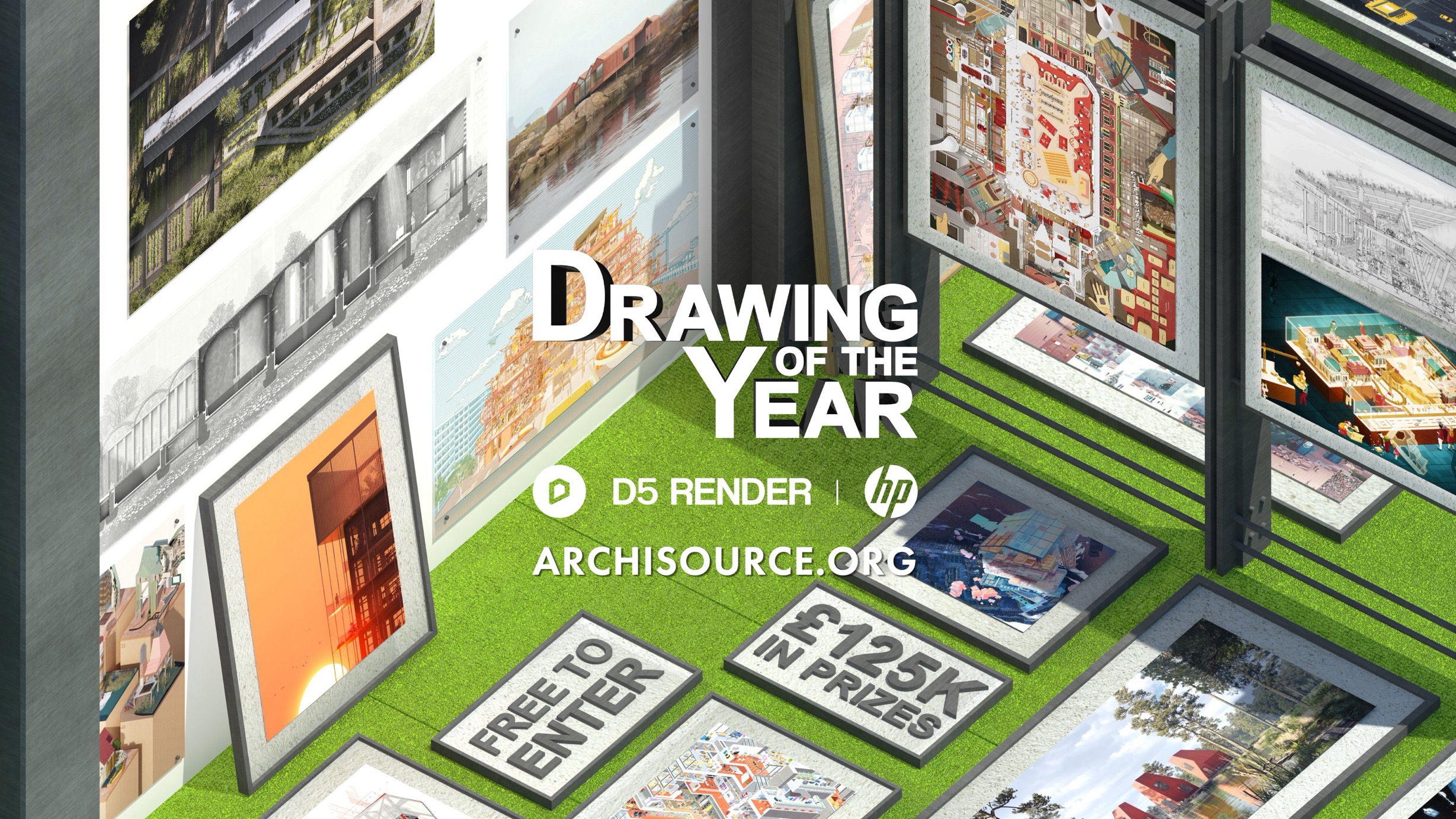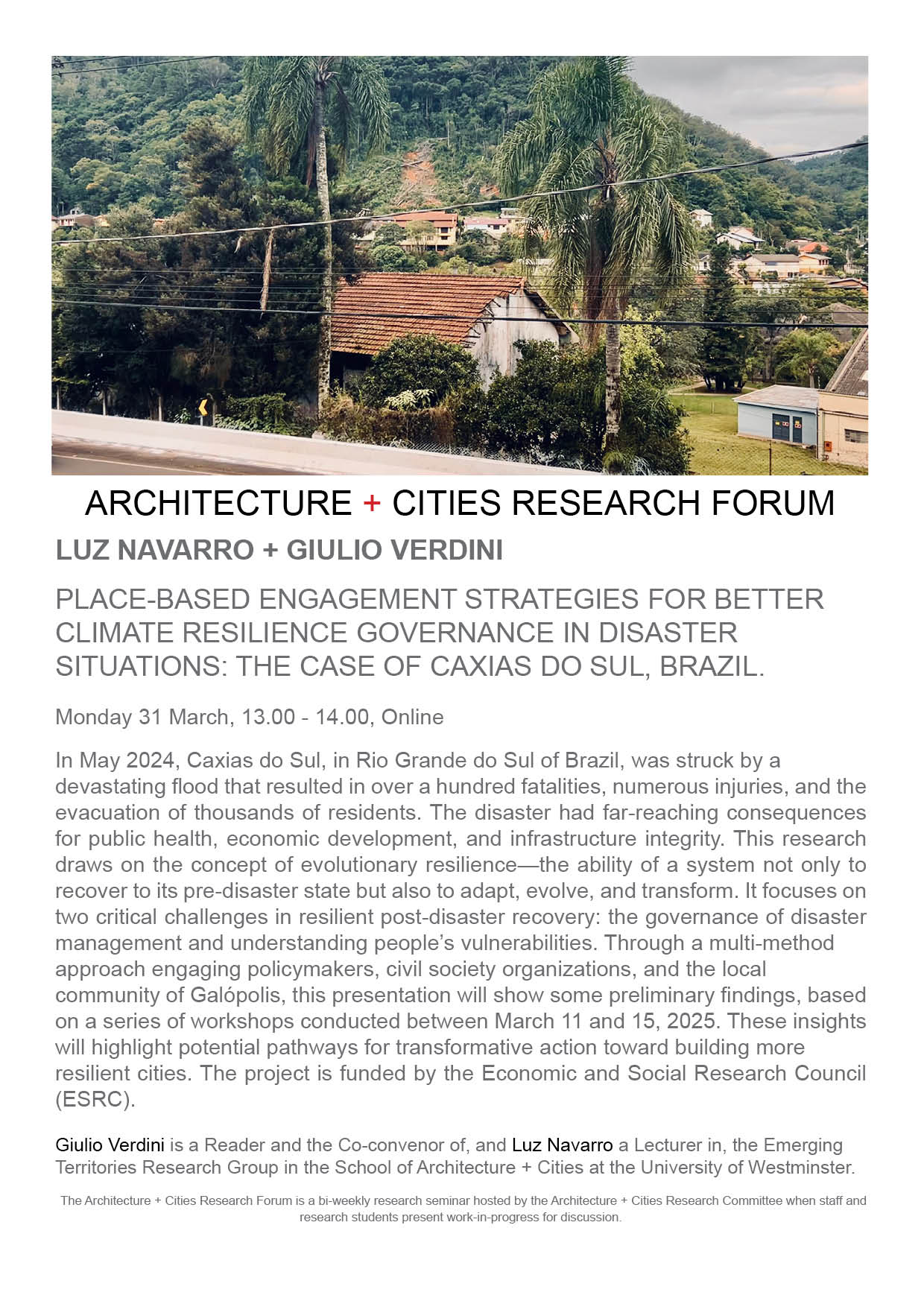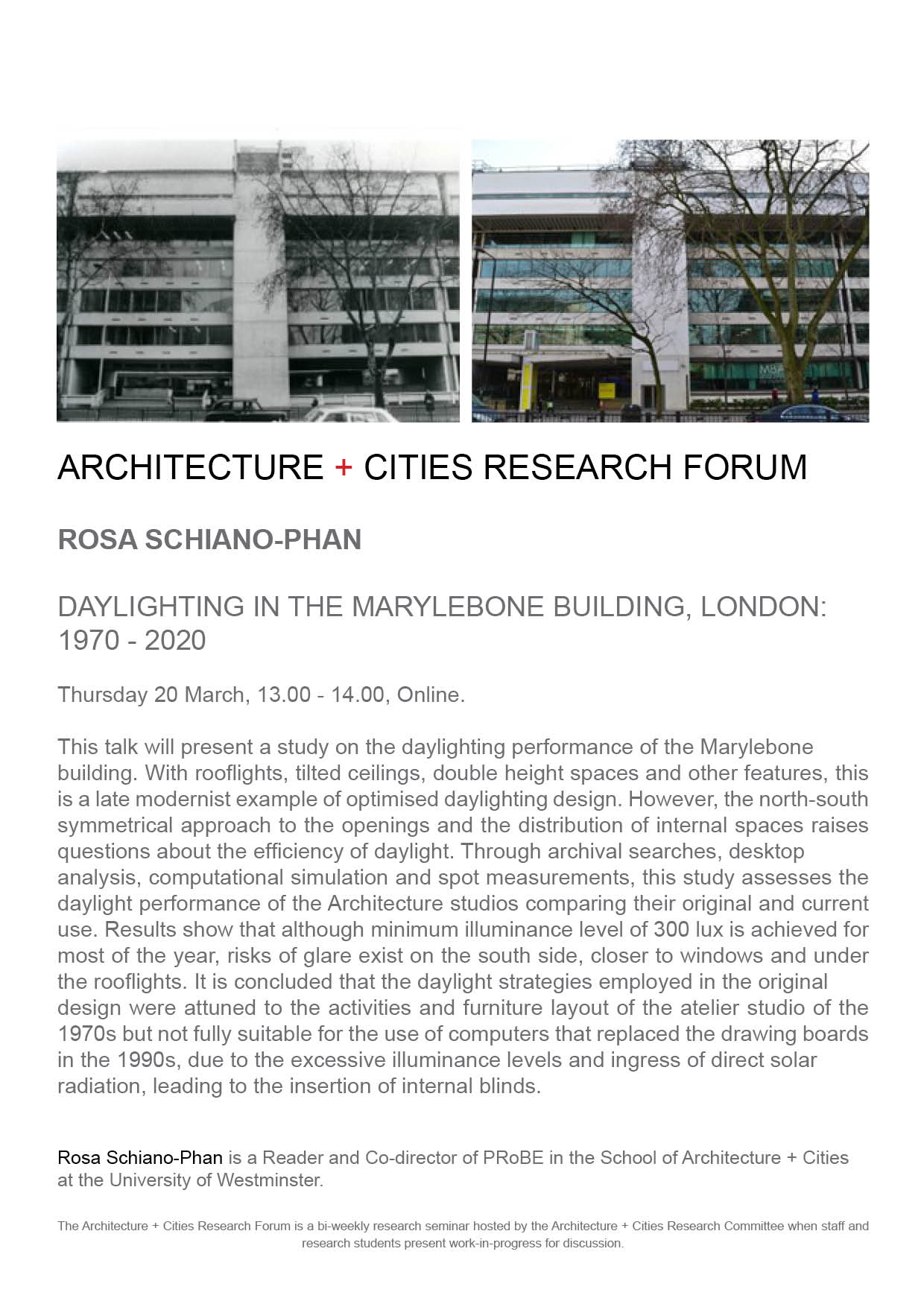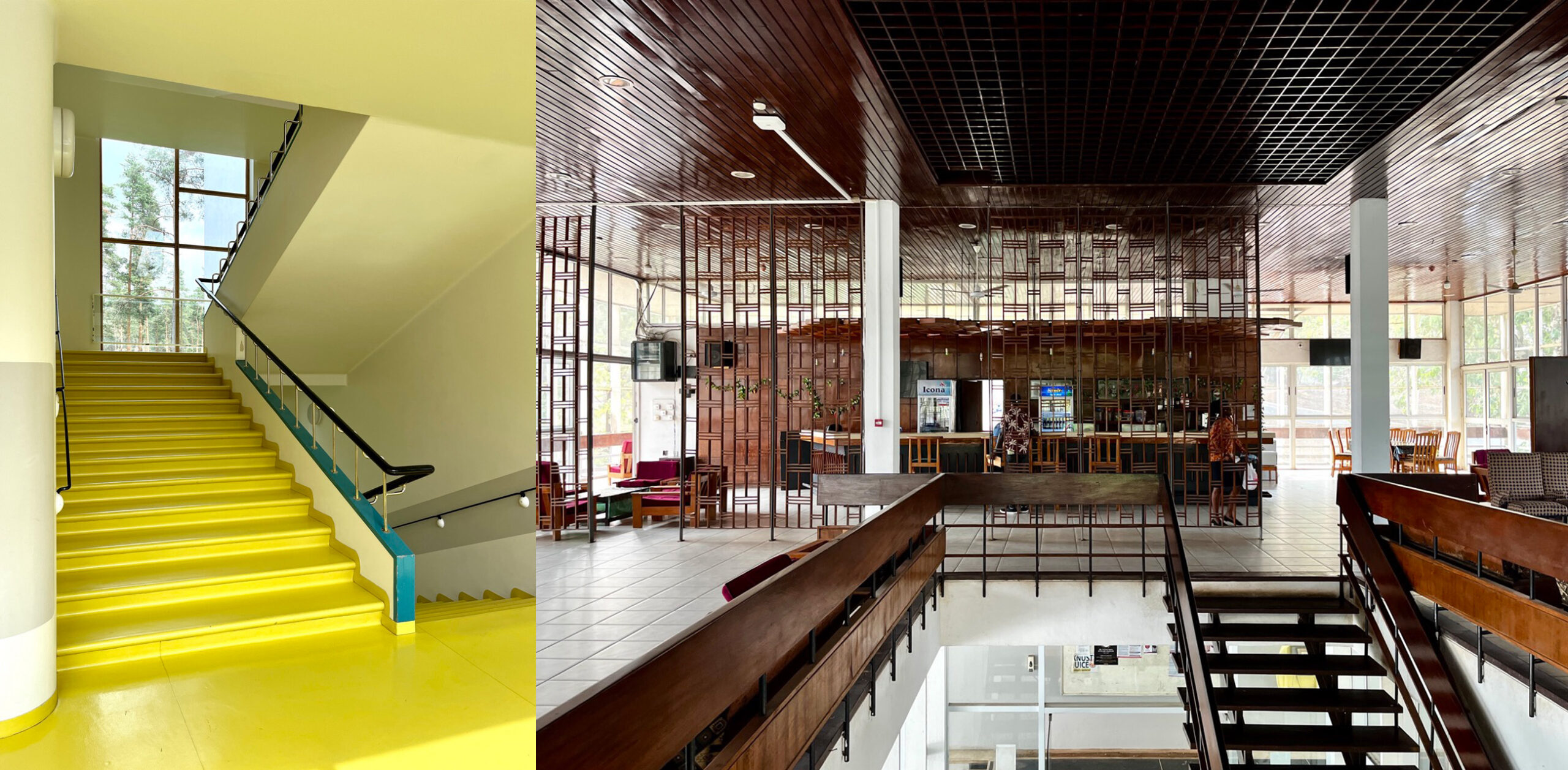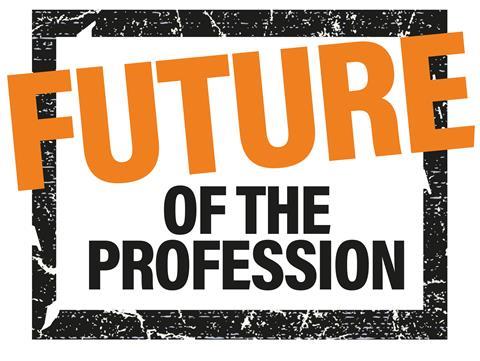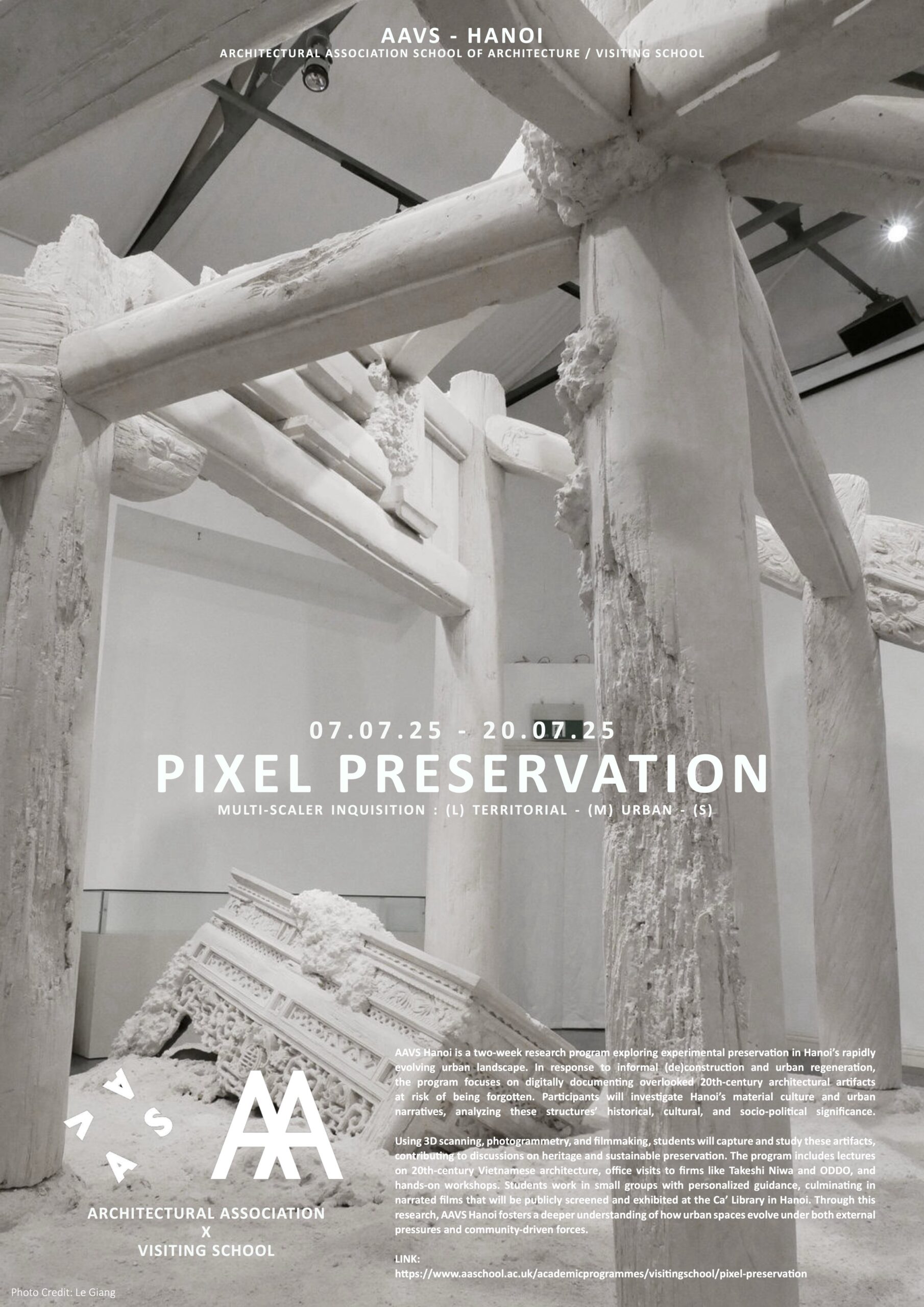Archisource presents the Drawing of the Year Awards 2025, the sixth annual, creative imagery Awards – free to enter and open to all! The Awards are the ultimate accolade in visual representation across architecture, art and design in collaboration with D5 Render and HP. There is over £125,000 GBP ($150,000 USD) in prizes to be won, with the top 250 entries receiving Affinity V2 Universal Licences and D5 Render 180 Day PRO Licences! Top works will also be showcased at the major London Exhibition in July 2025.
The aspirational Awards recognise and celebrate excellence in visual representation, drawing and creative imagery supported by Affinity creative software. Submissions must convey: architecture, design or the built environment, but are open to all disciplines and recognise diverse visual creations across all styles, typologies and functions each year. Submit your works by 20th April 2025 at 23:59 GMT at archisource.org to be recognised for your creative talent.
Top works from the Awards will be showcased at the iconic Truman Brewery in Shoreditch from the 10th to 19th July 2025 as part of the major London Exhibition 2025. The Exhibition will be a major celebration of creativity and a unique collection of the best creative minds and future thinkers including top architecture studios showcasing their design process, alongside the top works that are pushing boundaries in visual representation and creative imagery.
With over £125,000 GBP ($150,000 USD) worth of prizes to be won this is one of the biggest prize collections out there! The six Award winners will receive the ultimate studio set up including a high-performance workstation from HP—either a HP ZBook Firefly 16” G11 Mobile Workstation with Intel® Core™ Ultra 7 processor or a HP Z2 G9 Mini Workstation with Intel® Core™ i7 processor, paired with an OMEN by HP 27” QHD Gaming Monitor or Poly accessory. Winners will also receive software licences from D5 Render, Affinity, SketchUp and MicroStation, giant stationery bundles from LEUCHTTURM1917 and Winsor & Newton, timeless furniture from Vitra, lighting from Tala and more!
Archisource is proud to be collaborating with D5 Render, HP and Affinity for the Drawing of the Year Awards 2025. D5 Render and HP Z Workstations inspire creatives to keep evolving, providing industry-leading tools and technology that help advance creative processes. D5 offers Education Licences to students, educators and educational institutions for free; unleash the powerful capabilities of D5 and transform your architectural projects. Affinity creative suite is the award-winning vector graphic design, image editing and page layout software used by architects and designers around the world.
The widely recognised prestigious Awards celebrate those that have truly excelled in creating standout drawings and imagery. There are six major award categories, focusing on the array of creative processes: Beyond Visualisation Award supported by Hayes Davidson, Digital Drafting Award supported by Bentley’s MicroStation, Digital Media Award, Hand Drawn Award supported by LEUCHTTURM1917 and Winsor & Newton, Mixed Media Award and Visualisation Award supported by Trimble SketchUp. New for 2025, standout works will also be recognised for specific skills and attributes through the Medal Categories including the Affinity Award.
Celebrating the diverse talents of creatives around the world, Archisource welcomes creatives from all backgrounds and drawings of all types. Whether it be hand-drawn or painted, rendered or collaged, detailed linework or diagrammatic – the expert judging panel wants to see your creations.
Archisource believes creativity incites creativity and the Drawing of the Year aims to recognise, celebrate and give a platform to the very best talents across the world and to inspire so many more in that process.
Submit your works to be recognised amongst top architects, designers, artists and creatives globally by 20th April 2025 at 23:59 GMT at archisource.org
Why Choose HP Education:
- Access to full product portfolio of award-winning technology
- Product recommendations for all levels of education
- Everyday discounts up to 40% off not available to general public
- Access to exclusive HP Education member offers
- Free standard shipping










